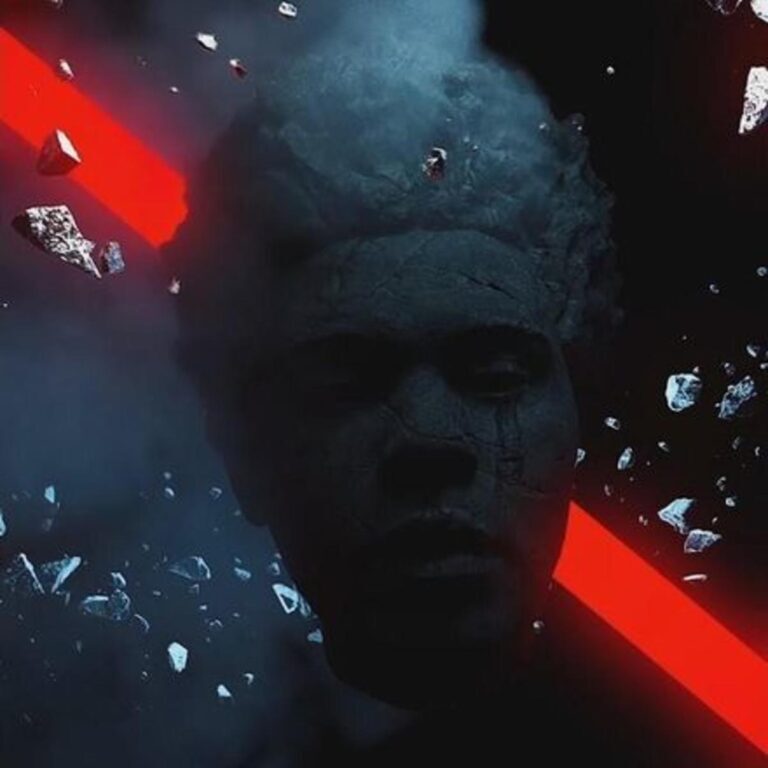This Saturday, Abel Tesfaye, better known by his stage name The Weeknd, took a bold first step that could change the way music is released forever. The R&B singer auctioned off a new song titled “The Source” as a non-fungible token (NFT) on the website Nifty Gateway. Before discussing the implications of NFT technology for the future of the music and art industries, let’s talk about the music itself.
“The Source” is a song that feels at home in the same universe as The Weeknd’s last album, “After Hours.” This only makes sense as he teased the release of this track by announcing on Twitter: “p.s. this chapter isn’t quite done yet.” “The Source” is clearly unfinished, but its demo quality doesn’t take away from the experience at all. The track is full of cold and spacey synths with The Weeknd’s vocals soaked in auto-tune. While the song is more about its vibe, with some unfinished mumbled harmonies, there are prominent repeating lyrics about the end of a relationship and broken promises: “I said, I’ll never leave you alone / But this part you do on your own, your own.” While “The Source” might not be one of his most complete songs, The Weeknd’s vocals and use of auto-tune alone make this a great listen for fans.
The release of this new song was anything from standard, and in fact, it can’t be found on Spotify or Apple Music. In order to hear the track, fans will have to visit the Nifty Gateway website to check out the auction for the NFT of the track. This is one of the first music releases of its kind, and for those unfamiliar with the technology it can be quite confusing, so a simple explanation is in order.
Each NFT is unique and can’t be replicated. NFTs use the same blockchain technology as the cryptocurrency Ethereum, and to put it quite simply are unique codes that represent digital proof of ownership, like a certificate of authenticity that comes with a collectible. NFTs are only used for digital art, so a natural question to have might be, “Where does the value come from? I can go listen to the song right now, so why would anyone actually pay for it?”
The value in the NFT market comes from the buying and selling of the codes themselves, and in most cases, they don’t really have much to do with what the code is linked to. Artists can mint NFTs of their own artwork on sites like Nifty Gateway, but NFTs can be made for anything, even screenshots of a tweet. The pull is that owning the code makes you the owner of the authentic copy of the digital art, almost like it was signed by the artist themselves.
NFTs are quite a new market and The Weeknd is the first major artist to release music exclusively through the NFT format. At the time of writing, the highest bid in the auction for “The Source” was $490,000. While NFTs have previously been relegated to forum-dwellers and the tech-savvy, The Weeknd’s decision to release music in this way will likely inspire more artists to do so in the future.
While he graciously decided to publicly release his new song on the auction website for fans to enjoy, The Weeknd really didn’t have to. Artists like Tory Lanez have already discussed plans to release music exclusively as NFTs, meaning only the auction winner would get to hear the track. We might be entering a new age of exclusivity, where some art and music will only be enjoyed by those who can afford it. Even if that’s not the case, artists might be inclined to share more demos and throwaways as NFTs, leading to both more interest in the technology and more music for fans to enjoy.
In any event, The Weeknd really pushed the envelope with his release of “The Source.” Whether this has long-lasting impacts on other artists and the future of music remains to be seen, but at the very least it will bring a lot more attention to NFTs and crypto technology in general.



